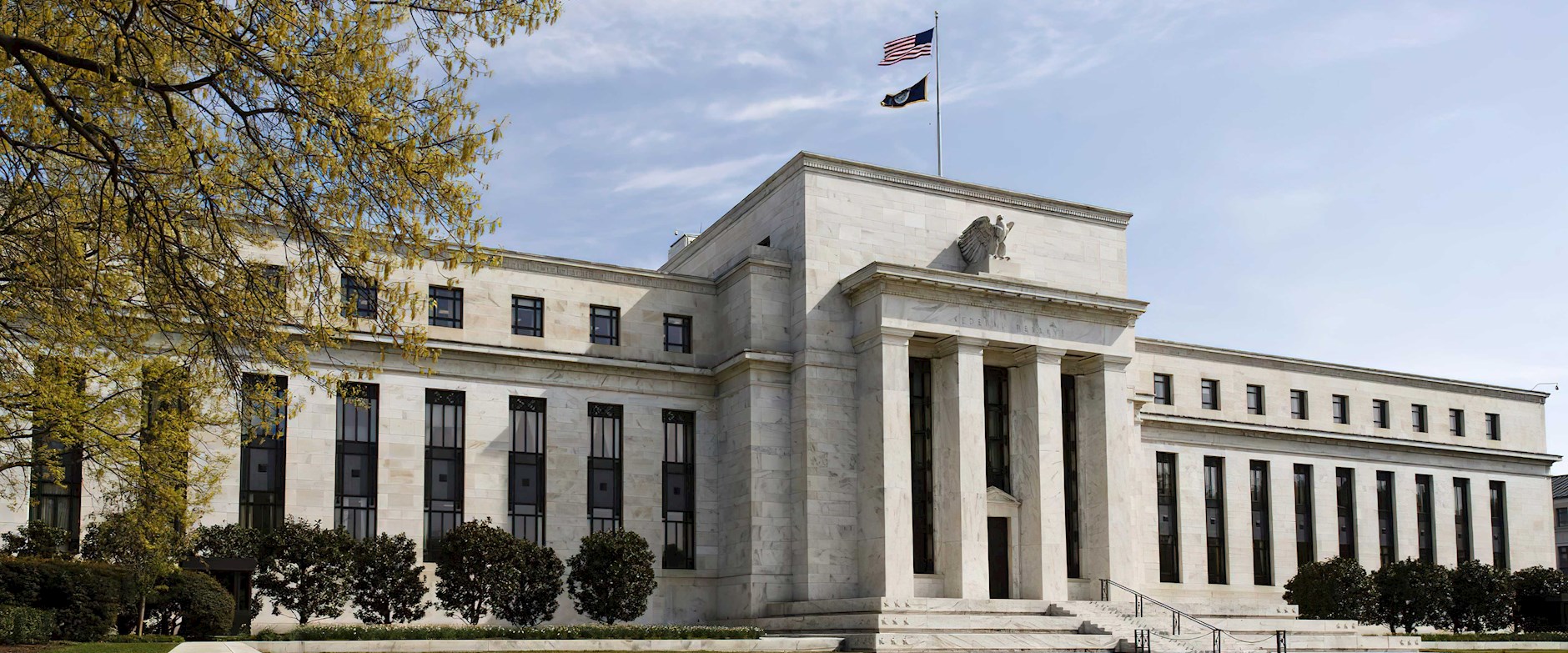
College Bests Benefits for Injured Workers
In Denmark, those who picked education benefits over disability payments got back to work within seven years, and with a 25 percent raise.
College Bests Benefits for Injured Workers
Associated Press
The Federal Reserve’s inflation forecasts and interest-rate targets are full-time obsessions on Wall Street, where announcements of these numbers routinely set off trading frenzies. The Fed’s Federal Open Market Committee meetings, during which members debate their assessments of inflation before declaring ideal rates, generate seemingly endless speculation, which in turn affects securities prices.
Research suggests that anyone trying to guess the central bank’s next move would do well to study committee members’ biographies. FOMC members’ voting behavior, federal-funds-rate decisions, and inflation forecasts are substantially influenced by the members’ personal experiences with inflation, according to a study by Ulrike Malmendier of the University of California at Berkeley, Chicago Booth’s Stefan Nagel, and University of Michigan PhD candidate Zhen Yan. Their findings suggest that these individual experiences with inflation predict the level of inflation fear in the committee as a whole and lead to measurable effects on monetary policy.
The researchers looked at the individual votes cast at each FOMC meeting between March 1951 and January 2014. They summarized voters’ inflation experience in terms of the average level of inflation and the persistence of inflation they had seen throughout their lifetime until the FOMC meeting. They find that if an FOMC member’s personal inflation experiences were such that they suggested a higher inflation rate going forward, this member was more likely to cast a “hawkish” dissenting vote—for tighter monetary policy—when the FOMC concluded its meeting with policy recommendations.
The study indicates that members put a weight of 37 percent—“and possibly more”—on their own experiences when setting inflation forecasts and interest-rate targets.
Similarly, members with experiences suggestive of higher future inflation also were more likely to give speeches with a hawkish bent, according to the findings.
Inflation experiences also help explain why many members provided inflation forecasts that differed from the FOMC staff’s official Greenbook reports, and whose opinions of appropriate rate targets differed from the consensus. The study indicates that members put a weight of 37 percent—“and possibly more”—on their own experiences when setting inflation forecasts and interest-rate targets.
To examine how this partial reliance on personal experience may have affected the federal funds rate over time, the researchers compared the rate’s actual movement over time to the path it would have taken if it had been based solely on the Greenbook forecast. FOMC members’ personal experience at times had a significant, “but not unreasonably large,” effect on the federal funds target rate, Malmendier, Nagel, and Yan find.
They note that FOMC members have ready access to objective data used in making forecast and rate decisions, as well as competent staff to analyze these data for them. The researchers suggest there is a deeper behavioral reason why, regardless of these resources, the members put considerable weight on their own experiences.
Ulrike Malmendier, Stefan Nagel, and Zhen Yan, “The Making of Hawks and Doves: Inflation Experiences in the FOMC,” Working paper, February 2017.

In Denmark, those who picked education benefits over disability payments got back to work within seven years, and with a 25 percent raise.
College Bests Benefits for Injured Workers
MIT’s Daron Acemoğlu joins hosts Bethany McLean and Luigi Zingales to discuss the key challenges of ensuring that new technology creates broadly shared benefits.
Capitalisn’t: Is Technological Progress Good for Everyone?
Research examines how gun ownership would change in response to various restrictions.
If You Want Gun Control, Start with Market ResearchYour Privacy
We want to demonstrate our commitment to your privacy. Please review Chicago Booth's privacy notice, which provides information explaining how and why we collect particular information when you visit our website.